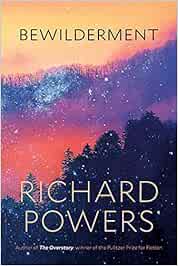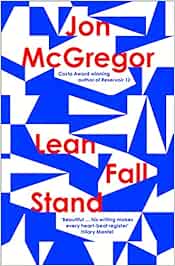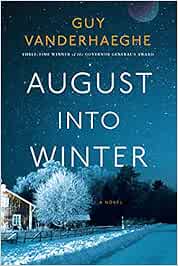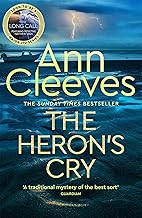3.5 Stars
The novel focuses on four women, representing three generations, of a Métis family living in Winnipeg. Margaret is a sad, angry woman whose dreams were derailed because of a pregnancy. Her daughter Elsie has lost three children to the foster care system; she wants to be reunited with them but she is struggling with addiction. Elsie’s daughter Phoenix is incarcerated; as the novel opens she is pregnant. Cedar-Sage is Phoenix’s younger sister who has spent most of her life in foster homes but is given an opportunity to move in with her long-absent father.
The title is perfect. The family surname is Stranger, but the four women have also become strangers to each other. Margaret is a distant mother who had little time for Elsie when she was a child; in fact, Elsie was raised more by Margaret’s mother Annie. As a result, Elsie is disconnected from her mother, and because of her drug usage, she has lost her children. Cedar-Sage tries to connect with both Phoenix and Elsie but the behaviour of her sister and her mother make this difficult. There are also secrets and misunderstandings.
Men in the novel are not portrayed very positively. Several of the men live the criminal lifestyle, in and out of prison. Other men just disappear. Margaret has not heard from one of her sons for years, and Cedar-Sage’s father abandoned her to her mother’s care. Elsie drifts from one man to another, but most eventually disappear from her life. One who does come back into her life periodically is not a positive influence.
This is not an easy read. There are so many broken characters with broken relationships and unhappy lives. The consequences of trauma can be clearly seen in ensuing generations. The book even opens with a trigger warning: triggers “include depictions of child apprehension, solitary incarceration, suicide ideation, some drug use, and some physical violence.” Though the author adds that she did “try to cram as much love and hope in between as possible,” I found little hope. Cedar-Sage may perhaps be able to achieve what Margaret hoped to accomplish because she does have more of a support system, but the bonds she wants to forge with family members will probably not be possible. There is love, but love alone is not enough to solve the problems.
There are a lot of characters and a family tree would have been helpful. The tree that is provided is unclear; of course, I read a pre-publication galley so hopefully this problem will be rectified. Characters that appear in this novel also appear in Vermette’s debut novel, The Break. I would recommend that people first read The Break because much is explained that would clarify the reasons for people’s behaviour in The Strangers. For instance, The Strangers does not explain why Phoenix is in jail, other than “Phoenix did a horrible thing and is in jail for a long time.” We are also told that she is on the sex offenders list. Knowing Phoenix and Elsie’s backstories would be helpful.
Like The Break, this book is unflinching in its gaze at life for contemporary Indigenous women in urban Canada. It is very real and honest, often brutally so. It is not a book that readers will enjoy, though it is a book that deserves to be read.
Note: I received a digital galley from the publisher via NetGalley.







